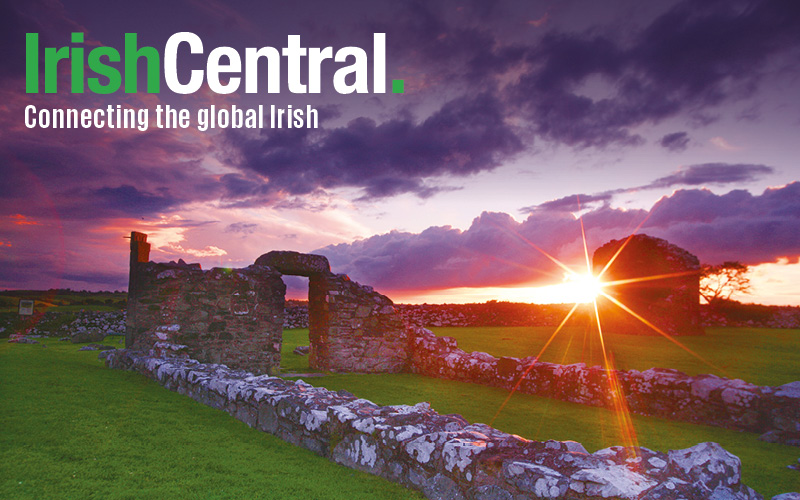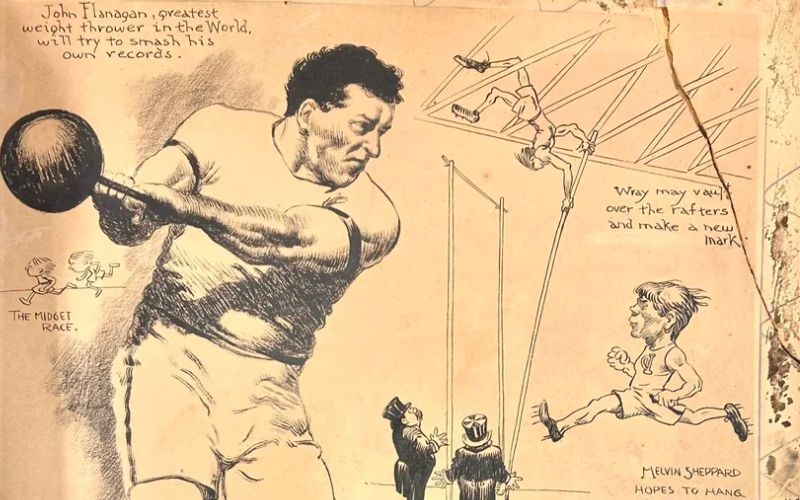Tesco in Ireland is one of the country’s biggest supermarket chains.
THE big news here last week was that the recession in Ireland is over.
In fact, it was such big news that it even made The Wall Street Journal as well as other important foreign papers and that's good publicity for Ireland. And we need all of that we can get!
The good news came from the release of figures for the first three months of this year showing that Gross Domestic Product (GDP) in Ireland was 2.7% up in that quarter. GDP, the total value of all goods and services produced by an economy, is the internationally accepted measure for assessing how an economy is doing.
But it's not the full story, particularly not in an economy like Ireland, because it includes the production of foreign-owned companies which play such a major role here and which repatriate most of their profits.
The other measure of economic performance is Gross National Product (GNP), which excludes the earnings of foreign-owned firms. And the GNP for Ireland for the first quarter showed that the economy had contracted by a further 0.5%.
The GDP figure which includes the foreign multinationals and which was the basis for the "Ireland out of recession" headlines is important, not least because these foreign companies provide so many jobs.
But because there are so many of them here and their profits are taken out of Ireland and therefore not spent here, many economists think that the GNP figure is a better indicator of how we're doing. On that basis, we're still struggling. Or as my teenagers would say if they were studying their economics like they should be, Ireland is out of recession -- not!
Just this weekend, other statistics revealed that 800 companies in Ireland had gone bust since the start of this year, which is around four a day. That is continuing, and in fact there are indications that it's getting worse as demand in the economy here slows down even more due to all the cutbacks.
Consumer spending in the first quarter was down, not up. Last month the number of people out of a job and getting welfare was 452,000, which is the highest number out of work here since records began.
That's the reality behind the "Ireland is out of recession" headlines. Things may be starting to bottom out, but it sure is a long way back. There could be quite a time lag before we see any effect on jobs here.
On the hopeful side, our exports in the first three months of the year were nearly 7% up on our very depressed exports in the previous three months. The positive interpretation of what's happening is that we are starting to benefit from the slight pick-up in some global markets, and if that keeps going we will see some recovery here.
But as I said, it's a long way back and it will take a very long time to get that scary jobless number down, a number that equates to 13.4% of our workforce (the U.S. jobless figure is currently 9.8%).
In the meantime we have to deal with a lot of crazy stuff that is left over from the boom. Like welfare tourism.
Our welfare payment levels became so generous during the boom that they equate to a very good income for someone living in Eastern Europe. Figures just published show that when the ash cloud closed Irish airports recently there was a sudden fall in the number of people "signing on" here to get their welfare payments.
The explanation is that they are Eastern Europeans who came here to work and then went home when the boom was over -- and now they use cheap flights to get here from Eastern Europe to pick up welfare checks. When the ash cloud closed the airports suddenly, they were exposed. An investigation is underway!
In the good old days of the boom there was so much money sloshing around we didn't care about such anomalies. But now it's a different story.
And it's not just at the bottom end of the scale that reality is starting to bite. It's happening at the top end as well.
Last week for example, the ***2 million in fees being charged by a few leading lawyers here in a personal injury case were reduced by a staggering 80% by the regulator who settles disagreements about legal fees. He said the attempt to charge so much was "disgusting" and bore "no relation" to the reality of the downturn or the amount of work involved. The whole country cheered.
Those greedy lawyers (one of them a former attorney general!) are not alone. There is a whole section of Irish society that has tried to insulate itself from the downturn and carry on as though the boom was still happening.
Mainly they are the professionals -- the lawyers, doctors and so on -- very few of whom have reduced their fees. But it's not just the professionals. It's also anyone who does any work for the state -- the advisors, accountants, consultants and so on.
They don't care that the ordinary taxpayer is in trouble -- they still bang in their bills for hundreds of euro an hour for any work they do for the state. They still see the state as a soft touch.
These people still have not accepted the reality that the days of silly money are gone. They think that the downturn only affects the little people and that somehow they are above it all. An example of that is the behavior of most of the former multi-millionaire developers whose businesses have been taken over by the taxpayer through the National Asset Management Agency that has bought their toxic loans from the banks. These guys are still driving around in their luxury limos and still living in their mansions.
And last week, as so many ordinary people struggled to pay their mortgages and avoid losing their homes, it emerged that the developers have been pressuring the government to allow them to stay on in their mansions!
The hangover from the boom can be seen in more down to earth ways here as well. Like how much we pay for food in our supermarkets.
Last week a shocking report from Eurostat, an organization that tracks and compares prices across countries in the European Union, revealed that Irish consumers are paying 29% more than the EU average for their groceries. This included meat and dairy produce, even though Ireland is major exporter to other European countries of meat and dairy products.
So although you would expect beef to be cheaper in Ireland than in the U.K. where much of our beef goes, in fact you can buy Irish beef in British supermarkets much cheaper than you can here.
Bread and cereals are 48% more expensive in Ireland than they are in Britain. Irish milk and cheese are 42% more expensive here than in the U.K. And on it goes through many other food products listed in the Eurostat survey.
How can this be happening? Part of the reason is that during the boom supermarkets here raised their prices to match the higher incomes that people were earning -- and somehow they have forgotten to bring them back down again. The supermarkets here -- including the giant British chain Tesco -- claim that the cost of doing business in Ireland (wages, electricity, etc.) is higher here.
But there is a real suspicion that there is a lot of profiteering going on. It can only be a suspicion because although Tesco in the U.K. publishes details of their accounts, Tesco in Ireland keeps the information secret. And the other big supermarket chains here also give out as little information as possible about their business and how much they are making on basic food items.
It's all part of the crazy inflated prices that were part of the Celtic Tiger boom. In spite of the recession, the crazy prices are still being charged by those who can get away with it, from supermarket cartels to professional individuals. And the Irish government seems powerless to do anything about it.




Comments